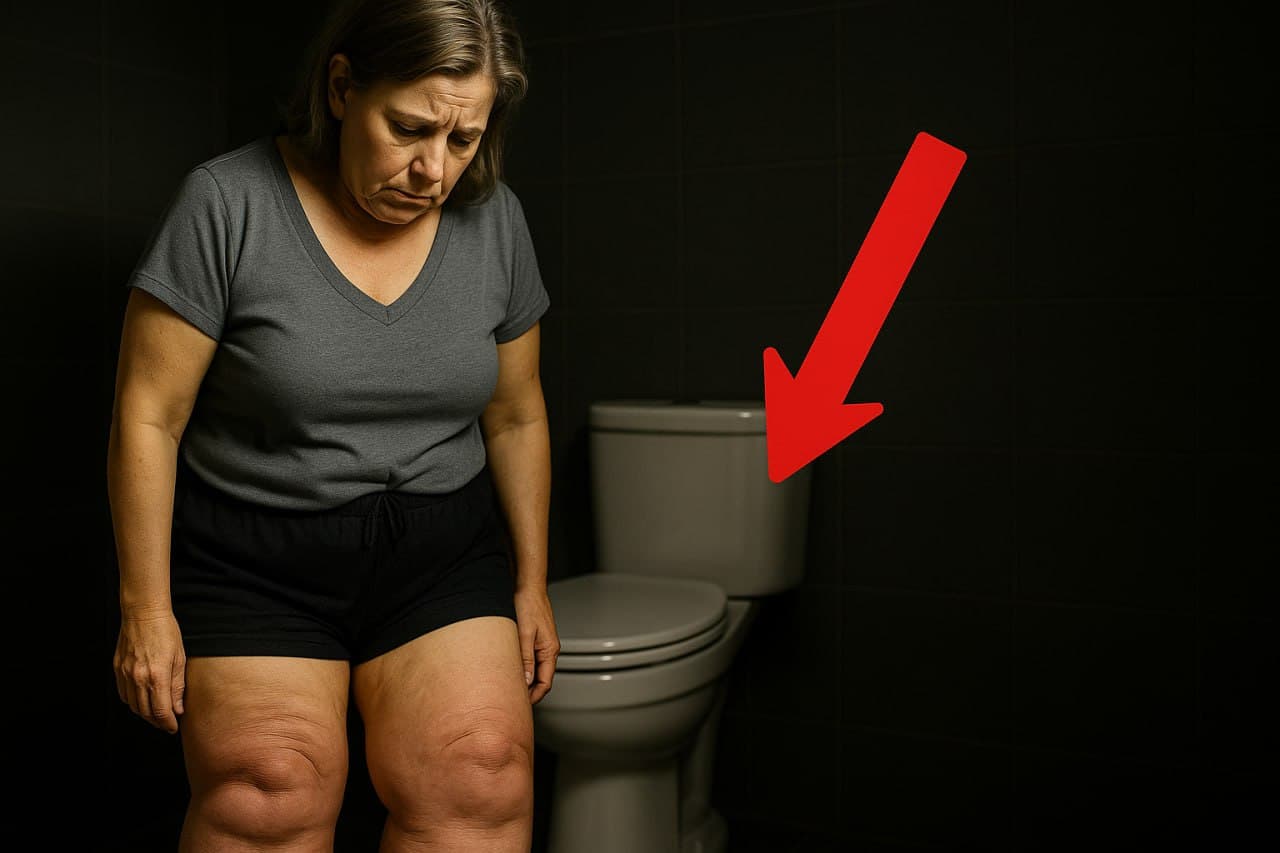Stop Blaming Cholesterol. Do This to Prevent Heart Attack!
The understanding of what constitutes optimal heart health has been under scrutiny, with traditional measures like cholesterol levels often considered crucial benchmarks for assessing heart disease risk. However, recent discussions argue that this approach may be misguided or, at the very least, incomplete.
Cholesterol has long been touted as a key factor in predicting heart health issues, but as stated clearly by health experts, using cholesterol to anticipate heart attacks is misleading. The speaker in this insightful discourse terms it as "garbage" – incapable of accurately predicting impending heart incidents. They highlight that associating a cholesterol level, such as 230, with immediate heart attack risks is not based on concrete scientific evidence.
A more effective approach to measuring heart disease risk is through the use of a CT heart scan that generates a coronary calcium score. This method involves measuring the calcium within arteries, providing a quantifiable indicator of atherosclerotic plaque within coronary arteries.
This technique is described as having high precision, low radiation exposure, and clarity in identifying hidden heart disease that often goes undetected in symptomatic-free individuals. With this method, those going about their daily lives—happily without apparent symptoms—can now have their real heart health status assessed effectively.
Traditional recommendations such as baby aspirin intake, adherence to a low-fat diet, and high doses of statins appear ineffective in modifying these calcium scores. Despite longstanding beliefs and practices termed as "optimal medical therapy," the insistence on such treatments seems illogical under all mounting evidence dismissing cholesterol's predictive abilities.
When practitioners aimed to eliminate grains—a drastic shift in typical dietary recommendations—they noted a significant reduction, or complete elimination, of small LDL particles. Additionally, patients experienced comprehensive health benefits: massive weight loss, a decrease in blood pressure levels, improvement in chronic conditions like diabetes, arthritis, and even emotional well-being, testifying to the profound impact of such dietary shifts.
Criticism is angled at how most reputable agencies promote diets allegedly rich in essential whole grains as healthy. Observing remarkable health transformations among those deviating from these guidelines towards an opposing dietary path sheds light on the inconsistencies and misdirections of commonplace health advice.
Unfortunately, these food items marketed under the guise of wholesomeness—the flag-bearing whole grains—and practices focused narrowly around cholesterol not only present non-effective strategies but may counteractively perpetuate health issues they aim to resolve. Thus, aligning dietary practices with scientific backing rather than eternal adherence to stagnant teachings becomes instrumental.
"I did this for small LDL particles, and people radically transformed their health."
The spearhead advancements in nutritional strategies revealed in heart health apparitions set coarse dialogue concerning shifting away empty conventional recommendations toward adopting lifestyle alterations steering real-world health enhancements. Robust inquiry and openness to change promise pushing health practices towards practicality reflective of these emerging insights.
From Around The Web
Wellness Inbox is a blog & weekly newsletter that curates trending news and products related to health and wellness from around the web. We also gather content from various sources, including leading health professionals, and deliver it directly to you.
Please note that we may receive compensation if you purchase any products featured in our newsletter. Wellness Inbox is not affiliated with, nor does it endorse, any health professionals whose content may appear in our newsletter. The information provided is for general informational purposes only and should not be considered medical advice.
The information provided is not intended to replace professional medical advice, diagnosis, or treatment. All content, including text, graphics, images, and information available is for general informational purposes only. We do not guarantee the accuracy or completeness of any information presented and assume no liability for any errors or omissions. The content is subject to change without notice. We encourage you to verify any information with other reliable sources and consult your physician regarding any medical conditions or treatments.







